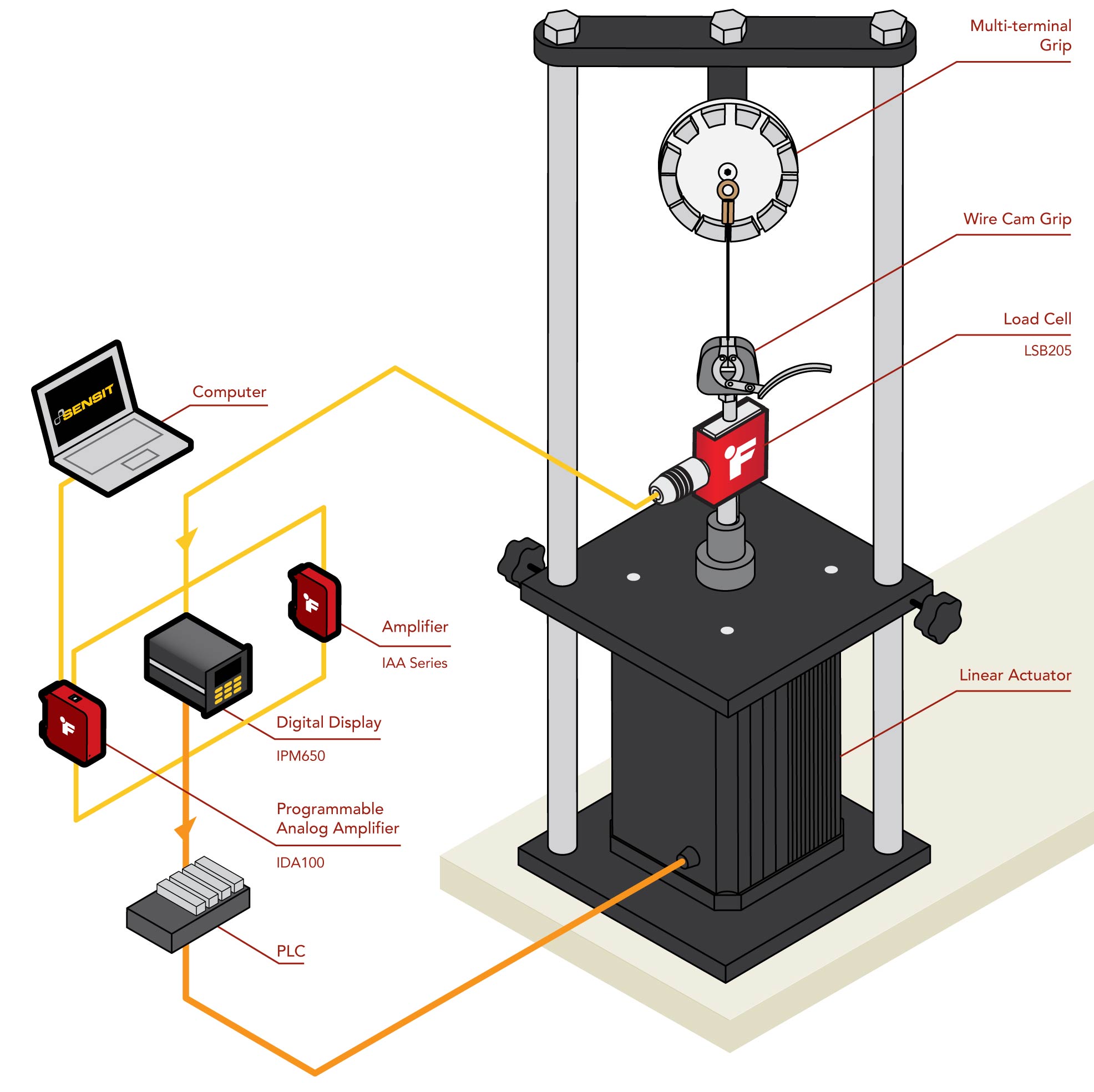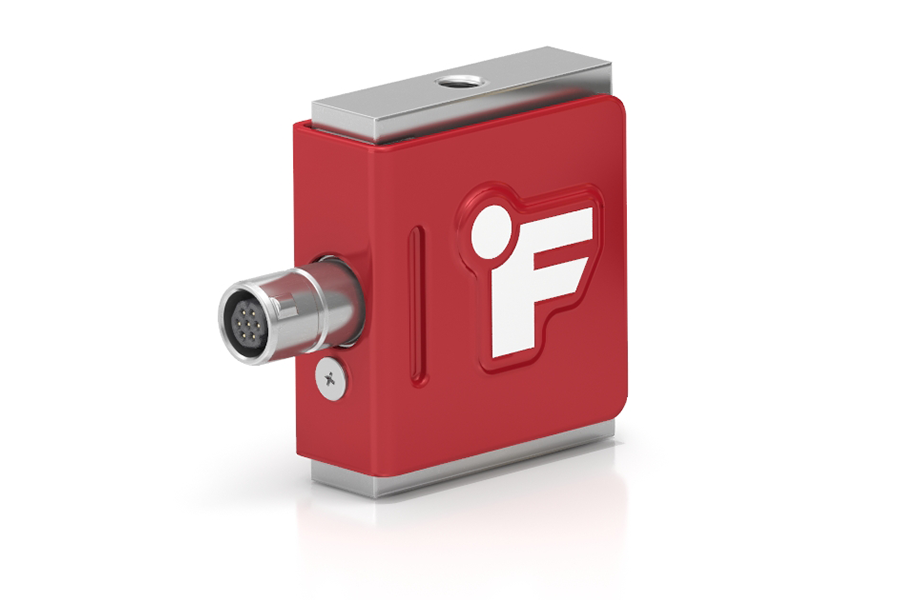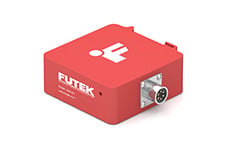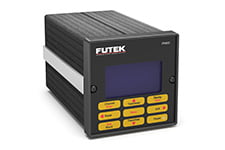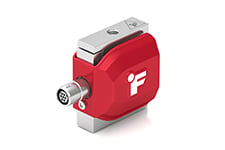What is Wire Crimp Pull Tester?
A wire crimp pull tester is a specialized machine that is designed to test the tensile strength of crimped connections. It is used to evaluate the quality and reliability of crimped connectors. The equipment applies a pulling force to the crimped connection and records the maximum force applied. This data is used to determine the strength of the connection and to ensure that it meets the required specifications. Wire crimp pull testers are available in motorized, handheld, horizontal, and vertical configurations. Crimp pull testers performs testing according to numerous UL, ISO, ASTM, SAE, MIL, and other standards for destructive and non-destructive testing.
Why is wire crimp pull testing important?
Wire crimp pull testing is an important tool for manufacturers and quality assurance professionals because it helps to ensure the safety and reliability of electrical and electronic components. Crimped connections that are weak or improperly formed can lead to various issues, including electrical shorts, power failures, and even fires. By testing the strength of crimped connections with a pull tester, manufacturers can identify and address any issues before the product is released to the market.
Wire crimp pull testing machines can be used with various crimping tools to measure tensile force according to specific standards. These machines separate crimped connectors, terminals, or ferrules from wires, and can be used by professionals both in production lines and in the field. Additionally, wire crimp and non-crimp pull testers can be used for lifespan testing, making them a versatile and valuable tool for ensuring the reliability of electrical and electronic components.
What How Load Cells are Utilized in Wire Crimp Pull Testers?
Load cells are a critical component of crimp pull testers. They are used to measure the pull force applied to the crimped terminals during the test. Load cells are designed to accurately and reliably measure the tensile strength of the connection, ensuring that the test results are accurate and repeatable. FUTEK offers load cells in a range of capacities to accommodate different types of crimped connection tests.
How it Works
Preparation: The crimped connection is secured in the fixture of the wire crimp pull tester, and the tester is calibrated for accurate and reliable test results.
Application of Force: The actuator applies a pulling force to the connection in a specific direction perpendicular to the axis of the connection.
Recording of Data: FUTEK LSB205 S-Beam load cell records the maximum axial pulling force applied to the connection (tension) and sends the signal to the signal conditioner. In the illustration, either the IDA100 Programmable Analog Amplifier, IPM650 Digital Display or IAA Series analog amplifier can be utilized to condition the mV/V load cell signal. The conditioned and amplified signal can be then streamed to a computer or a PLC for closed-loop control.
Analysis: The recorded data is analyzed through FUTEK’s SENSIT Software to determine if the connection passes or fails the test. Identifying and addressing any issues that may arise ensures the reliability and safety of electrical and electronic components before the product is released to the market.
Contact Us
Please Contact Us with questions.
What is Wire Crimp Pull Tester?
A wire crimp pull tester is a specialized machine that is designed to test the tensile strength of crimped connections. It is used to evaluate the quality and reliability of crimped connectors. The equipment applies a pulling force to the crimped connection and records the maximum force applied. This data is used to determine the strength of the connection and to ensure that it meets the required specifications. Wire crimp pull testers are available in motorized, handheld, horizontal, and vertical configurations. Crimp pull testers performs testing according to numerous UL, ISO, ASTM, SAE, MIL, and other standards for destructive and non-destructive testing.
Why is wire crimp pull testing important?
Wire crimp pull testing is an important tool for manufacturers and quality assurance professionals because it helps to ensure the safety and reliability of electrical and electronic components. Crimped connections that are weak or improperly formed can lead to various issues, including electrical shorts, power failures, and even fires. By testing the strength of crimped connections with a pull tester, manufacturers can identify and address any issues before the product is released to the market.
Wire crimp pull testing machines can be used with various crimping tools to measure tensile force according to specific standards. These machines separate crimped connectors, terminals, or ferrules from wires, and can be used by professionals both in production lines and in the field. Additionally, wire crimp and non-crimp pull testers can be used for lifespan testing, making them a versatile and valuable tool for ensuring the reliability of electrical and electronic components.
What How Load Cells are Utilized in Wire Crimp Pull Testers?
Load cells are a critical component of crimp pull testers. They are used to measure the pull force applied to the crimped terminals during the test. Load cells are designed to accurately and reliably measure the tensile strength of the connection, ensuring that the test results are accurate and repeatable. FUTEK offers load cells in a range of capacities to accommodate different types of crimped connection tests.
